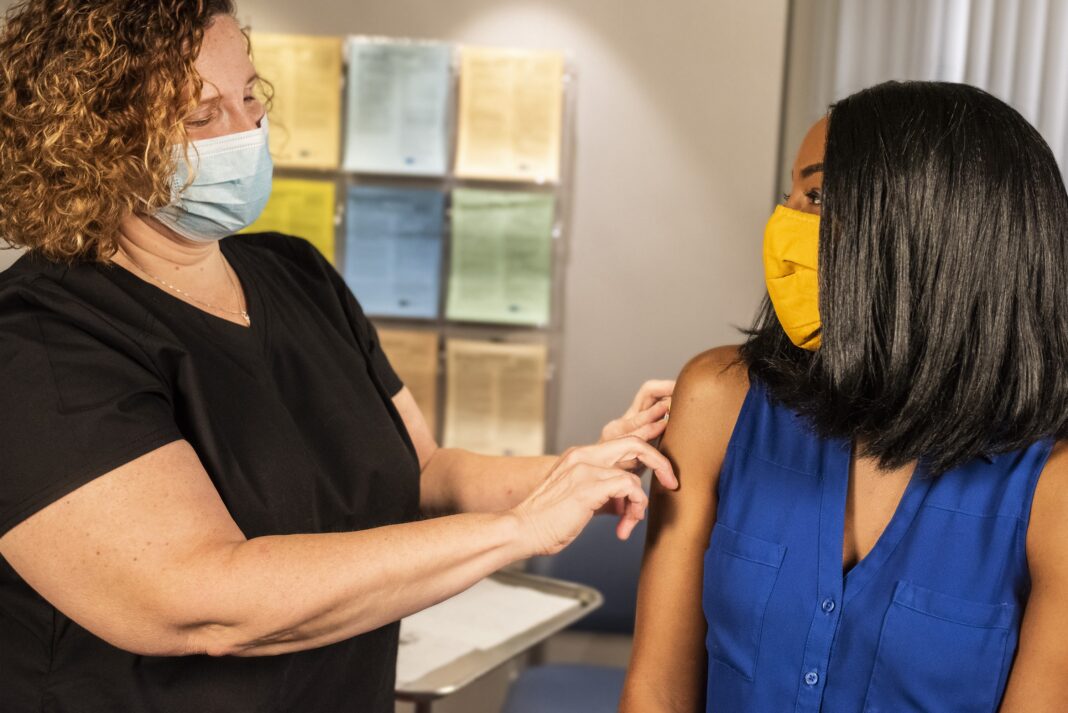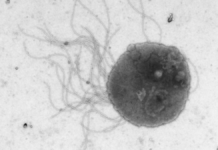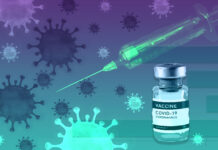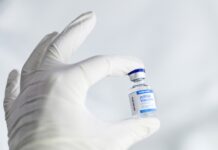The COVID‑19 vaccine t offers acquired immunity to individuals against the severe acute respiratory syndrome coronavirus 2 (SARS‑CoV‑2) c that outbreak in 2019 According to reports published by national public health agencies, healthcare workers have administered 12.7 billion doses of COVID‑19 vaccines globally 22 September 2022.
Numerous of these vaccines, such as the Moderna vaccines and Pfizer–BioNTech have been created using RNA to trigger or initiate an immune response in the body. RNA vaccines were the initial ones authorized in the United States, the United Kingdom, and the European Union.
A recent study published in JAMA Network Open mentions that pregnant women who got one of the mRNA COVID-19 vaccines (Pfizer/BioNTech or Moderna) displayed 10-fold greater concentrations of antibodies than individuals who acquired COVID-19 infection naturally. This study was performed by researchers at the Children’s Hospital of Philadelphia (CHOP) and the University of Pennsylvania. Dustin D. Flannery and collaborators mentioned that the timing of vaccination played a significant role in increasing the transfer of antibodies. Antibodies were identified as early as 15 days after administering the first dose.
Moreover, mRNA COVID-19 vaccines generated greater concentrations of antibodies in babies. Flannery and team compared antibody responses in 585 pregnant women who had received mRNA COVID-19 vaccines with those who were naturally infected with the virus. The research timeline ranged from patients who birthed infants at the Pennsylvania Hospital between August 9th, 2020, and April 25th, 2021. As the first vaccines were developed after December 2020, the team could determine the origin of antibodies in the patients.
From the 585 pregnancies, 169 women had been vaccinated but never infected with COVID-19. By contrast, 408 patients had not been vaccinated but were infected. Levels of IgG antibodies- the most prevalent antibody in the bloodstream that controls infection- against SARS-CoV-2 were detected in the cord blood collected from more than 95% of the infant’s antibody levels were 10-fold greater in the vaccinated group compared with the naturally infected group. However, the antibodies in the cord blood were lesser than those in vaccinated mothers.
The findings suggested that the transfer of defenses from mother to child mainly was affected by the time of the vaccination or the infection to child delivery. The transfer was better at 36 weeks of gestation or 8 weeks following the vaccination. Considering pregnancy as a major risk factor for acquiring severe COVID-19 infection, this study highlighted the importance of vaccinating pregnant women to protect them and their infants. Also, the results will play an important role in developing optimal COVID-19 vaccination policies during gestation. . Thus, patients would be able to vaccinate at the right time before their delivery date, to provide themselves and their infants the benefits of a robust immune response.
References
Flannery, D. D., Gouma, S., Dhudasia, M. B., Mukhopadhyay, S., Pfeifer, M. R., Woodford, E. C., … & Puopolo, K. M. (2022). Comparison of Maternal and Neonatal Antibody Levels After COVID-19 Vaccination vs SARS-CoV-2 Infection. JAMA Network Open, 5(11), e2240993-e2240993. doi:10.1001/jamanetworkopen.2022.40993
Vidarsson, G., Dekkers, G., & Rispens, T. (2014). IgG subclasses and allotypes: from structure to effector functions. Frontiers in immunology, 5, 520. doi:10.3389/fimmu.2014.00520
ACIP COVID-19 Vaccine Recommendations | CDC. (2022). https://www.cdc.gov/vaccines/hcp/acip-recs/vacc-specific/covid-19.html
Mathieu, E. (2020, March 5). Coronavirus (COVID-19) Vaccinations. Our World in Data. https://ourworldindata.org/covid-vaccinations
Shimabukuro, T. T., Kim, S. Y., Myers, T. R., Moro, P. L., Oduyebo, T., Panagiotakopoulos, L., … & Meaney-Delman, D. M. (2021). Preliminary findings of mRNA Covid-19 vaccine safety in pregnant persons. New England Journal of Medicine. DOI: 10.1056/NEJMoa2104983





